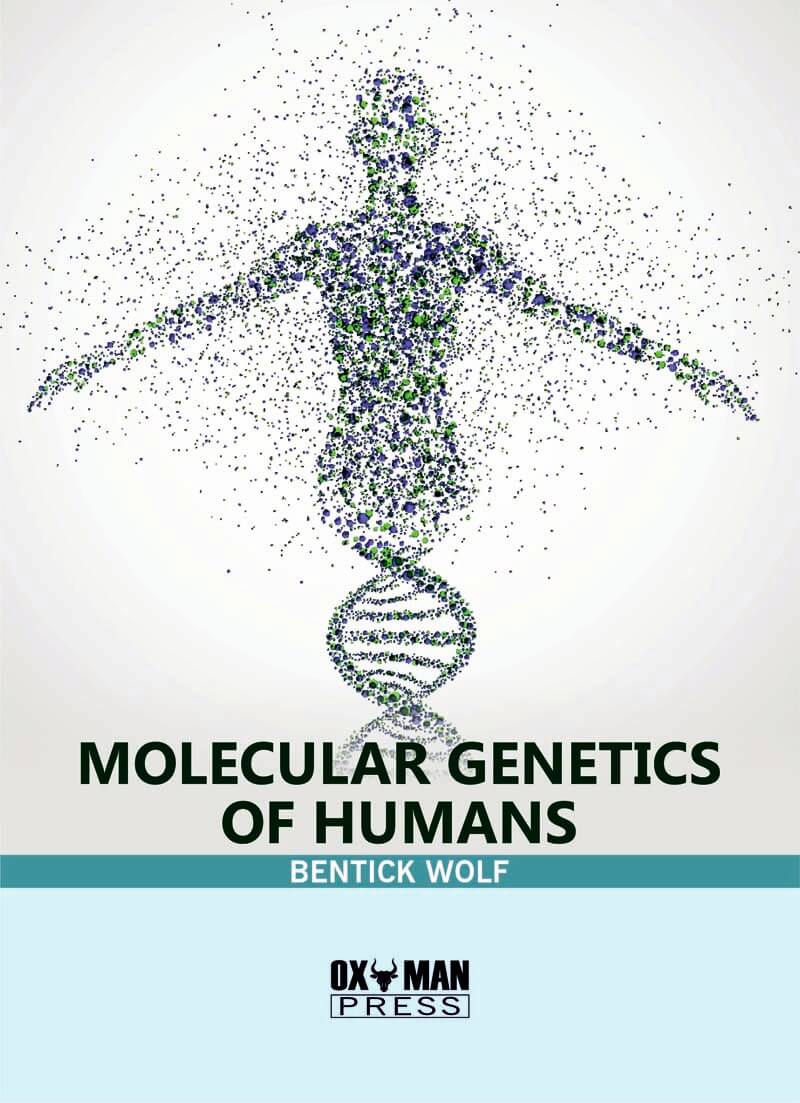Molecular genetics of Humans
| ISBN | 9781778807004 |
|---|---|
| Author | Bentick Wolf |
| Publisher | OXMAN PRESS |
| Publication Year | 2023 |
| Category | Agriculture & Life Science |
| Price | $191.00 |
Over the past 20 years, the study of molecular genetics has undergone a variety of revolutions, greatly advancing our understanding of the molecular basis of gene structure and function. In order to study the structure and function of genes at the molecular level, the science of molecular genetics uses techniques from both molecular biology and genetics. An understanding of inheritance, genetic variation, and mutations can be gained through studying an organism's chromosomes and gene expression. This is helpful for understanding and treating genetic illnesses as well as developmental biology research.The study of the structure and function of genes at the molecular level is the main goal of molecular genetics. The evolution and gene inheritance are topics of study for molecular geneticists. They are intrigued by how genes regulate the growth and operation of living things. The study of genetic changes in cancers and the mapping of the human genome to find disease-related genetic anomalies are all results of molecular genetics, which has also led to the creation of new methods and tests. Although the focus is on genes, molecular genetics also covers cellular, developmental, and molecular biology.The study of heredity is called genetics. A parent transmits specific genes to their children or offspring through the biological process of heredity. Every child receives genetic material from both biological parents, and these genes in turn express particular characteristics. Some of these characteristics may be physical, such as hair, eye, and skin colour. Because of mutations, which are essentially
